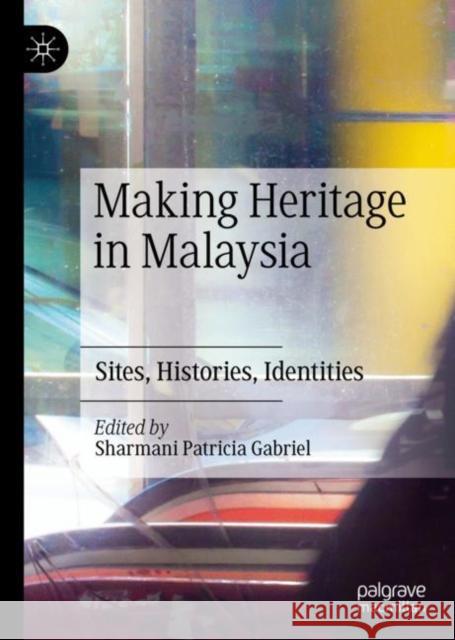Making Heritage in Malaysia: Sites, Histories, Identities » książka
topmenu
Making Heritage in Malaysia: Sites, Histories, Identities
ISBN-13: 9789811514937 / Angielski / Twarda / 2020 / 318 str.
Kategorie BISAC:
Wydawca:
Palgrave MacMillan
Język:
Angielski
ISBN-13:
9789811514937
Rok wydania:
2020
Wydanie:
2020
Ilość stron:
318
Waga:
0.56 kg
Wymiary:
21.01 x 14.81 x 2.06
Oprawa:
Twarda
Wolumenów:
01
Dodatkowe informacje:
Wydanie ilustrowane











